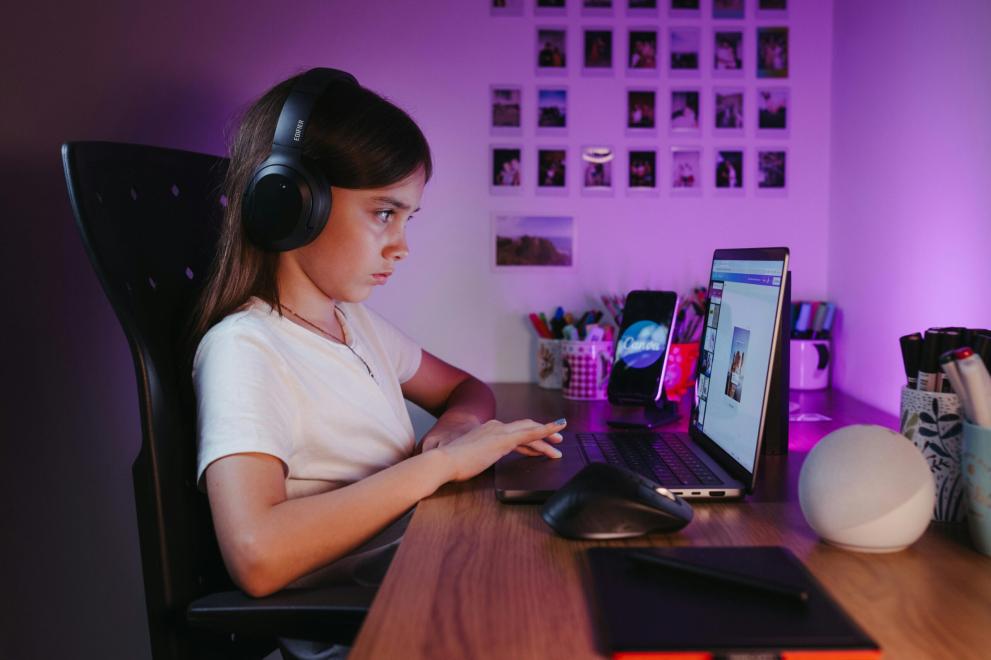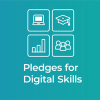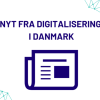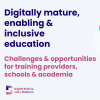School of the Future: 2 hours with AI and practical activities

In Austin, Texas, there's a private Alpha School that's dramatically changing the way we teach. Classic benches have replaced flexible workspaces, teachers have changed their traditional roles, and all major subjects related to mathematics, reading, language, and science are taught using artificial intelligence (AI).
Two hours of AI learning and the rest of the day in reality
Every school day begins with two hours of learning through AI. Students work on individual tasks according to their needs and pace. AI tests them, assigns tasks and tracks progress. Teachers who would traditionally stand in front of the whiteboard are not here – they have been replaced by so-called guides. These adults are not experts in physics or mathematics, their job is to provide students with motivation and emotional support.
Regardless of origin or results
Benefits of AI at school? It is infinitely patient, impartial and individually adaptable. ‘AI does not matter whether he comes from a rich or poor family, nor whether he is in the 10th or 85th percentile,’ says one of the school’s founders.
After two hours of AI education, children are engaged in practical activities related to the real world. At Alpha School, they learn to assemble furniture from IKEA, solve a Rubik's Cube, handle juggling, but also run their own Airbnb rental. “We have academic topics but also practical skills,” say school representatives.
Excellent results in a quarter of the time
While in mainstream schools it takes an entire school year to complete a grade, in Alpha School it takes an average of 80 days to complete a grade. Test results are at the 90th percentile across all subjects. To pass, the student must reach a minimum of 90%.
In addition, there is no homework or lesson planning by teachers. The school's founders say there is currently no other school in the U.S. that achieves similar results with such short daily learning.
Questions: Is it for everyone?
Not all experts are convinced of the benefits of this approach. Surveys in the U.S. show that most teachers don't see AI as a revolution in education, and a quarter even think using it does more harm than good. Another issue is accessibility – the tuition fees at Alpha School make it inaccessible to most families. However, the school's founders say their 2-hour AI learning system could be rolled out to public schools as well.
Public schools are also added.
Following the example of the Texas model, Unbound Academy, a charter school in Arizona, is also starting to use artificial intelligence in teaching. However, it is an even bolder step – students aged 4-8 will have their academic subjects fully in the hands of AI. The project follows the same vision as Alpha School: make academic education as effective as possible and free up time for practical activities.
Two Hours of AI Teaching
For two hours a day, students will work with adaptive AI platforms such as IXL and Khan Academy. The system will track their progress in real time and automatically adjust the difficulty of the curriculum. If the student does not understand something, the AI adapts, slows down, and provides further explanations. If he manages the substance quickly, he will move it to more difficult tasks.
The goal is for each student to learn at exactly the pace that suits them. According to the project developers, such a personalised approach should lead to double learning efficiency – students learn twice as much in half the time.
The rest of the day: Workshops instead of memorizing
As in Alpha School, practical workshops will follow the academic block at Unbound Academy. Their content will focus on life skills such as:
- Financial literacy – how to manage money, invest and understand the fundamentals of the economy.
- Entrepreneurship – creating your own project, working with business models and presenting ideas.
- Public speaking – developing self-confidence and communication skills.
Unlike traditional schools, however, there will be no traditional teachers. The workshops will be led by mentors who are tasked with accompanying students in the development of practical skills.
A new era or a dangerous experiment?
Adherents of AI education argue that this model can change education for the better. Students learn at an individual pace and have more time to develop practical skills. However, critics point out the risks – while AI can effectively explain the curriculum, it cannot replace empathy and support for teachers. Mentors can help in the emotional field, but the question remains whether such a model will meet its limits.
Whether the above-mentioned concept of AI involvement in education will prove to be successful is only time will tell. However, if it can deliver the same results as Alpha School, we can see a big change in the way children will be educated in the future.
If you are interested and want to know, here are the sources of information:
- NBC News: This Texas private school teaches students through AI - YouTube video
- TechRadar: AI educators are coming to this school – and it’s part of a trend – TechRadar
- EdWeek: This school will have artificial intelligence teach kids, with some human help - EdWeek
Author of the article: Miloš Moravčík






